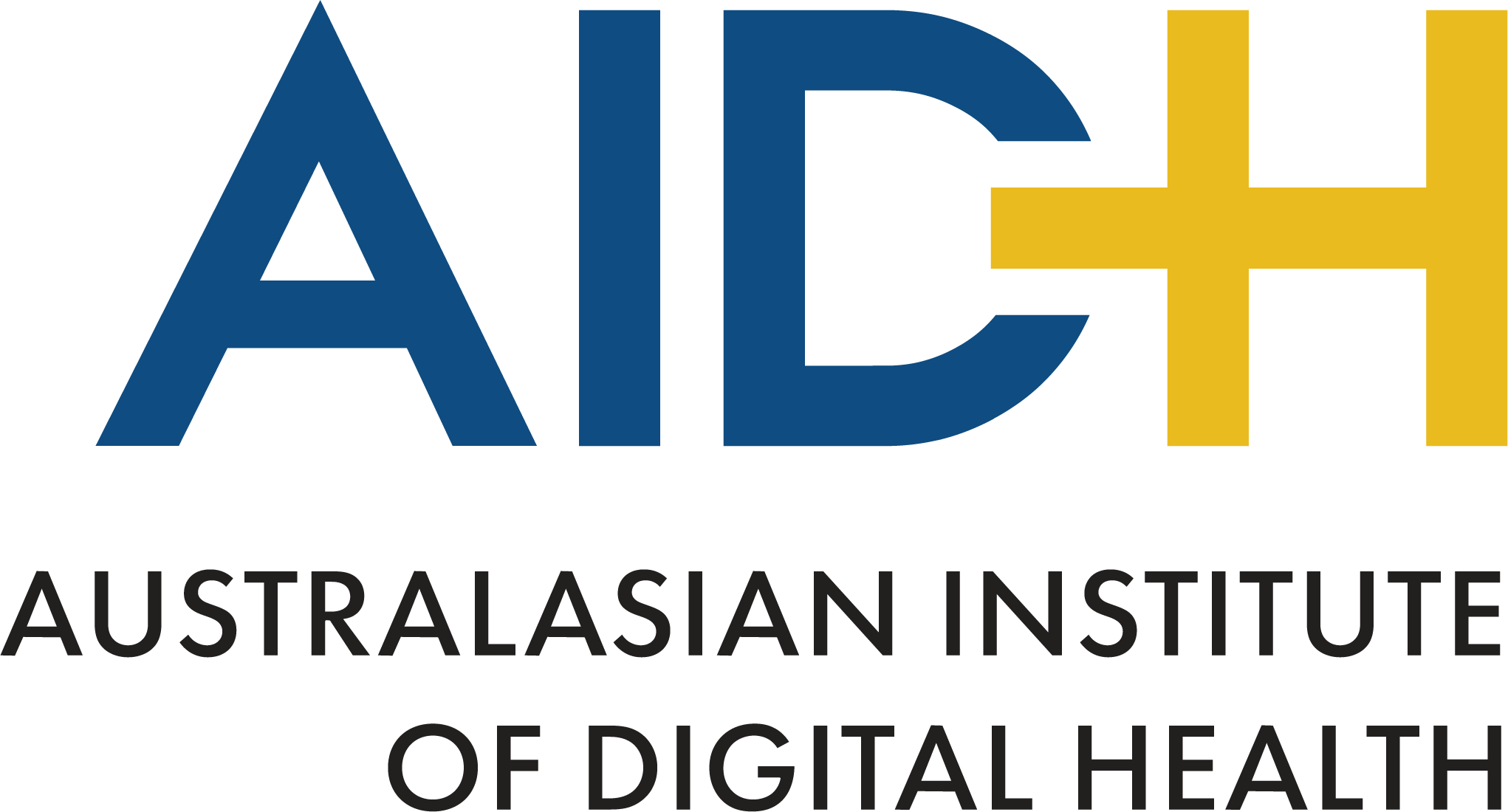Plenary Session | Workforce
| Wednesday, August 7, 2024 |
| 9:00 AM - 10:30 AM |
| Great Hall |
Overview
Chair - Dr Shaun Francis Royal Flying Doctor Service Queensland
Harnessing the power of networks and communities for digital skills development
Aasha Cowey Associate Director of Digital Learning and Change, NHS Foundation Trust
Workforce competency & the use of technology for proactive capacity management
Dr John Doulis Chief Information and Informatics Officer, HCA Healthcare
Care reinvention: The power of technology to help solve clinician inefficiency and shortages
Travis Grant Managing Director, Accenture
Fireside chat with Aasha Cowey and John Doulis facilitated by Travis Grant
Details
As digital becomes a more integral part to health and care systems, digital skills have never been more important. We need to be confident we have mechanisms in place to support the professional development of a cadre of digital, data and technology professionals with the right skills and capabilities for now and for the future. In parallel, we must also ensure that all of our staff, regardless of role, seniority or profession, have the relevant digital skills, confidence and willingness. Not doing this well exposes our systems to not only inefficient ways of working and potentially clinician burnout, but also fundamental risks to patient safety.
In this keynote, we will hear from Aasha Cowey, Associate Director of Digital Learning and Change, reflecting on these areas to share insight and learning. This keynote will cover a range of ideas and solutions ranging from local to national, with Aasha reflecting on both personal and professional experiences. This keynote will range from developing an approach to digital literacy within one NHS trust for all staff to developing regional and national skills development networks to provide learning, networking and community for digital, data and technology professionals. Aasha will also explore how to balance blended learning approaches in the new world, this is relevant to both trusts with multiple sites across a community alongside regional networks having rural areas.
Workforce competency & the use of technology for proactive capacity management - Dr John DoulisHealthcare Organisations today struggle with the ability to proactively manage and schedule competent staff on a day to day basis. With compounding pressures such as large variations in patient volume, demand and complexity, staffing burn-out and shortages, organisations demand real-time knowledge and forecasting capabilities to match the right skills to their patients needs and risk profiles.
Optimisation of staff scheduling and capacity management can be transformed through the use of innovative tools and technologies which predict future demand to match the needs of a healthcare organisation, ensuring the right people, right roles are in the right place at the right time. Hospital Corporation of America (HCA) provides a proactive, data-driven and patient-centered approach to scheduling staff to manage their workforce requirements. The solution uses machine-learning algorithms to predict staffing needs and optimize scheduling and staffing according to anticipated unit demand, proficiencies and individual schedule preferences. This approach relies on the innovation of several HCA partnerships who provide the historical data and toolsets to impact the delivery of care to their patient population.
Care Reinvention: the power of technology to help solve clinician inefficiency and shortages - Travis GrantThe need to improve clinician efficiency and effectiveness has reached a new level of urgency as we face rising patient demand, and major issues with workforce supply. Clinicians are burned out, and costs continue to rise. In Australia and globally, there will not be sufficient nurses to fulfil patient demand. It is an unsustainable situation, and technology is critical to help close the workforce gaps. However, within most healthcare providers, technology has hindered provider productivity, with 32% of nurse time spent on administrative tasks and device usage (e.g. EMR documentation). and 61% of clinicians suggest lack of interoperability as major barrier to digital health tool adoption.
Many solutions exist and have been proven to delivery substantial benefits. “Care Reinvention” requires care team redesign, underpinned by a modern ‘digital core’. This would include technology platforms and robust data & analytics across demand & supply. There are various proven case studies. For example, one international healthcare provider delivered 8.5% increase in patient volume, with 20% cost reduction per discharge.
Speaker
Plenary Chair
Biography
Harnessing the power of networks and communities for digital skills development
9:00 AM - 9:30 AMBiography
Workforce competency & the use of technology for proactive capacity management
9:30 AM - 10:00 AMBiography
Care reinvention: The power of technology to help solve clinician inefficiency and shortages
10:00 AM - 10:15 AMBiography


